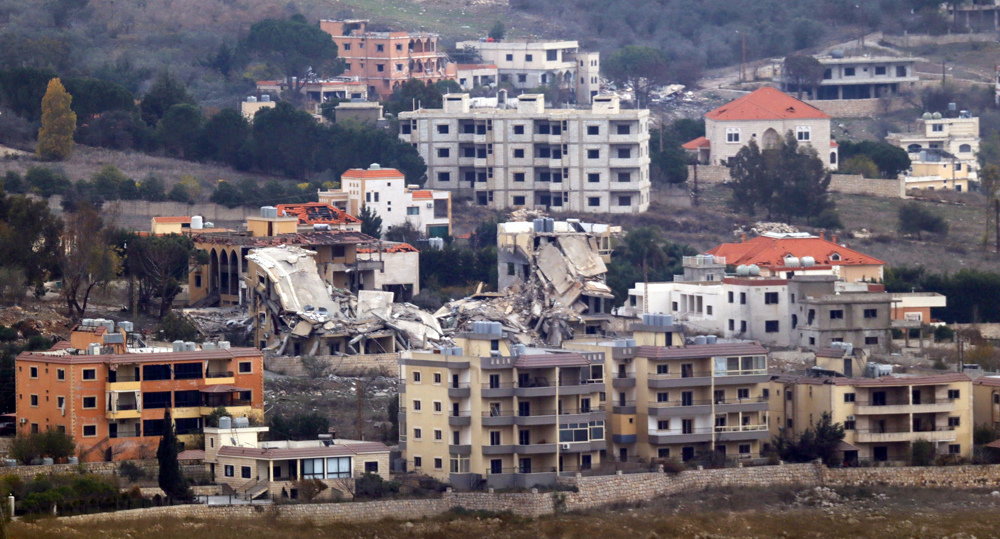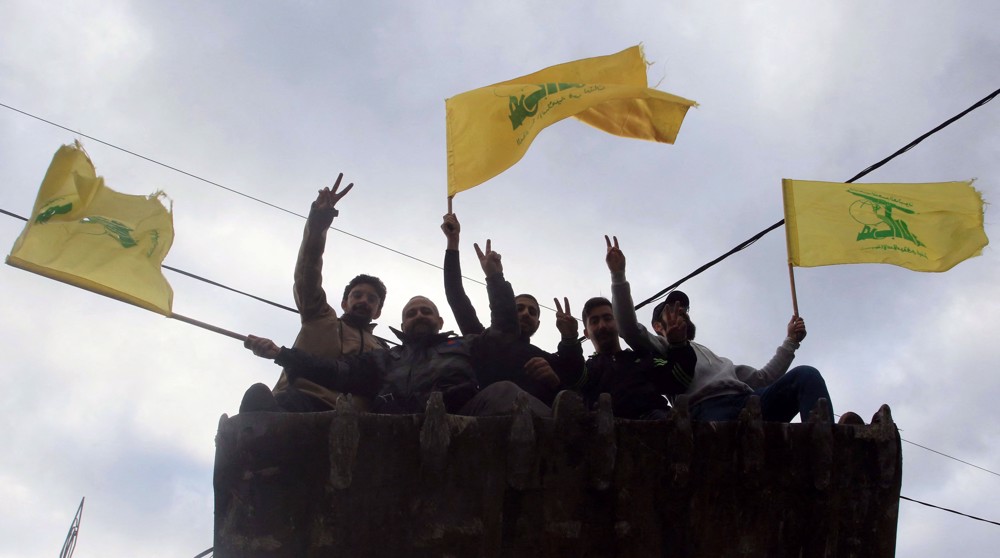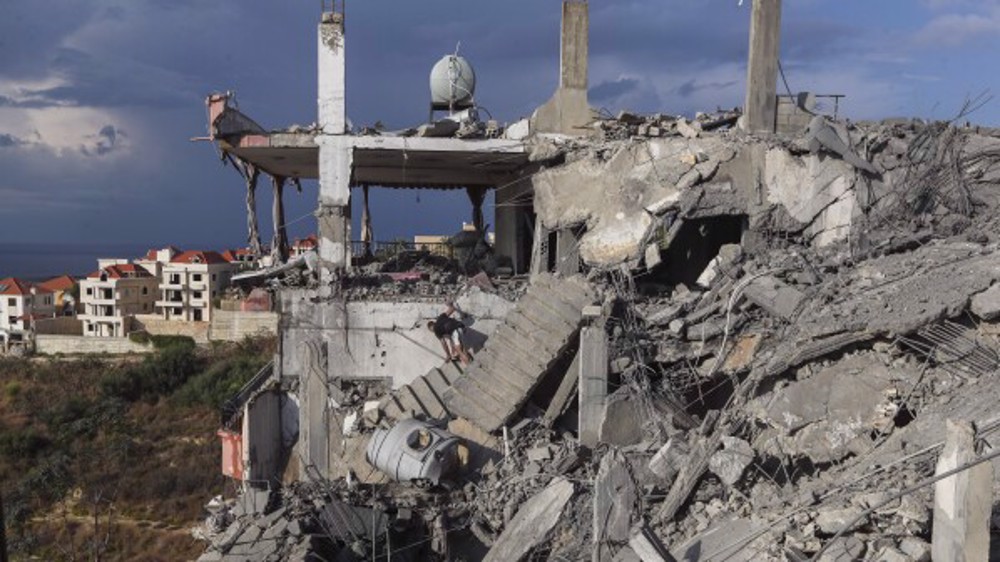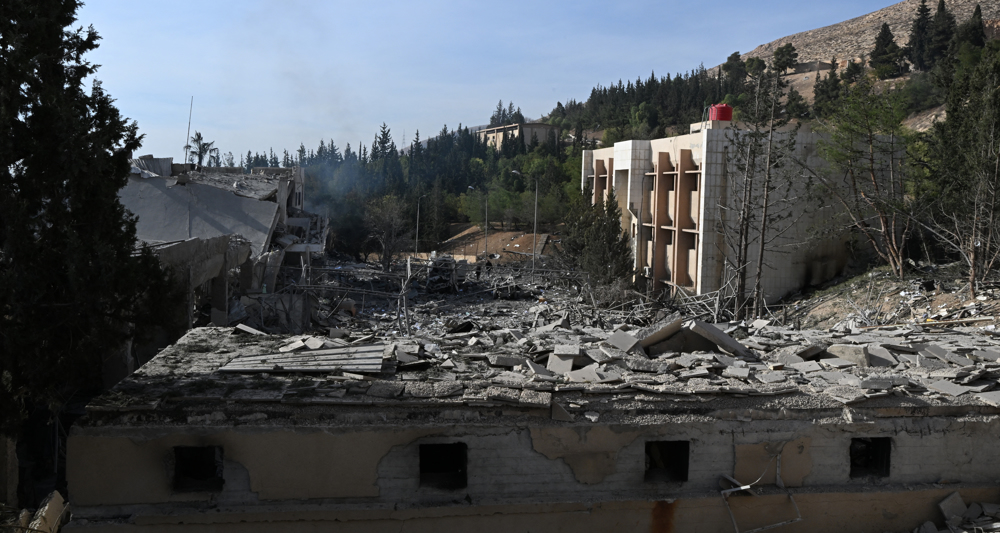Lebanon deploys troops in border town after Israeli forces withdraw
The Lebanese army says it has sent troops to the town of Khiam near the border with the occupied territories following the withdrawal of Israeli forces under a recent ceasefire deal.
In a statement released on Wednesday, the Lebanese army announced that its units had been "deployed in five positions" around Khiam in coordination with the United Nations Interim Force in Lebanon (UNIFIL), adding that the move is "the first phase of deployment in the area, at the same time as the Israeli enemy withdrawal.”
“The deployment will be completed in the next phase, while specialized units” will survey the town to “remove unexploded ordnance,” it said.
Meanwhile, Lebanon's Prime Minister Najib Mikati said that the stationing of troops in Khiam "represents a fundamental step towards strengthening the army's deployment in the south, in implementation of the ceasefire decision."
"We salute the army's efforts" toward establishing "stability in the south," he wrote in an X post.
Israel was forced to accept the truce with the Hezbollah resistance movement after suffering heavy losses following almost 14 months of fighting and failing to achieve its goals in its aggression on Lebanon.
The ceasefire agreement, which took effect on November 27, gave Israel until late January to withdraw from all areas of southern Lebanon.
Also on Wednesday, the Israeli military confirmed that it had withdrawn its troops from Khiam in accordance with the truce with Hezbollah.
It, however, noted that the occupation troops still remain deployed in other areas of southern Lebanon.
Furthermore, the United States Central Command (CENTCOM) said in an X post that its leader General Erik Kurilla visited Beirut on Wednesday to monitor the replacement of Israeli soldiers by Lebanese forces in Khiam.
"This is an important first step in the implementation of a lasting cessation of hostilities and lays the foundation for continued progress," said Kurilla, who also met with Lebanon's Armed Forces Commander General Joseph Aoun.
Israel's war on Lebanon killed almost 4,000 people and injured more than 16,000 others, according to the county's health ministry.
Hezbollah opened a support front for Palestinians in Gaza only a day after Israel unleashed its war against the besieged territory in October 2023, launching numerous retaliatory attacks against Israeli targets in the occupied lands.
Iran, Qatar call for serious action to end Israeli invasion, occupation of Syria
Israel kills 35 Palestinians, including aid workers, in morning attacks
Qalibaf: Iran to continue support for resistance as 'religious' duty
General Salami: IRGC forces were the last to leave Syria
Lebanon deploys troops in border town after Israeli forces withdraw
US mulling delisting head of Hay'at Tahrir al-Sham
Pezeshkian: Israel exploiting Muslim discord to continue aggression
Russia: US transfer of $20bn of frozen assets to Ukraine ‘robbery’















 This makes it easy to access the Press TV website
This makes it easy to access the Press TV website